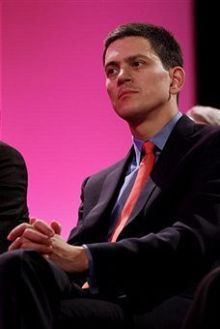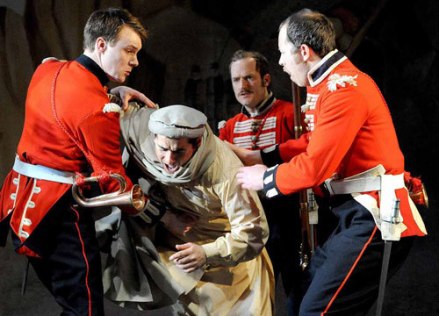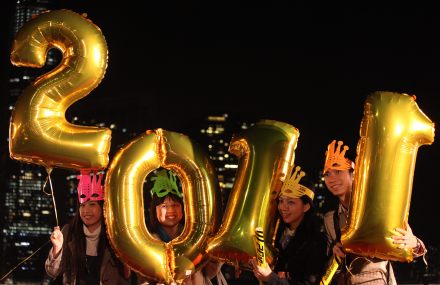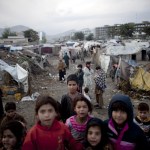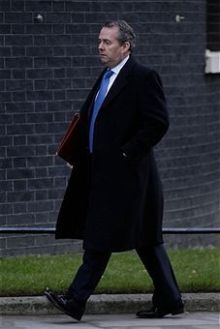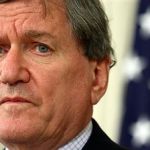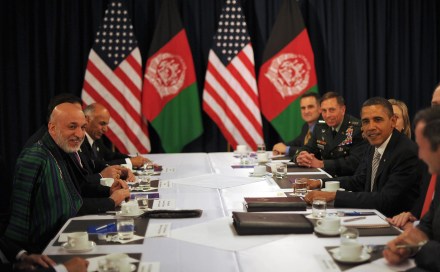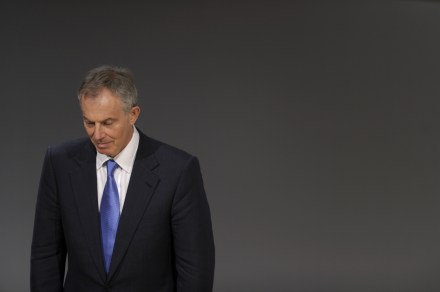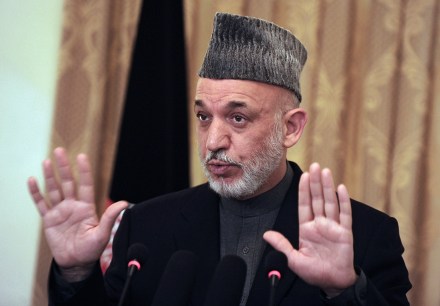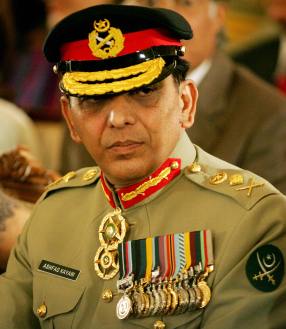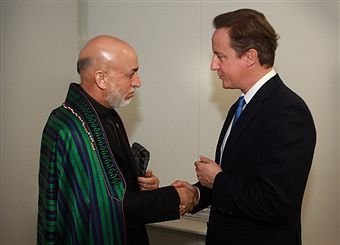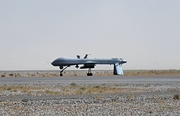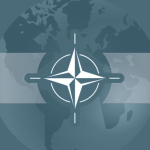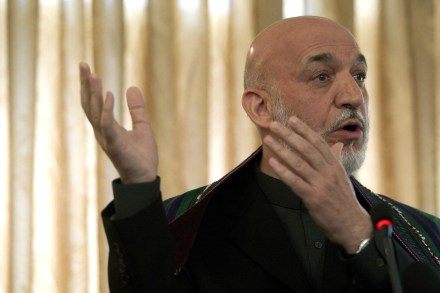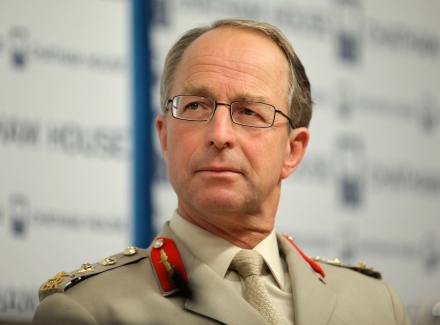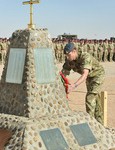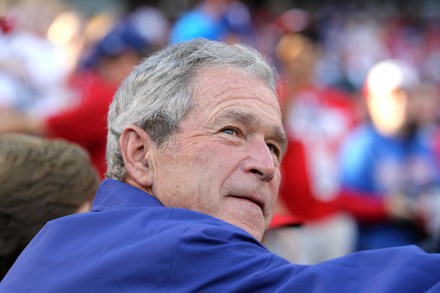Decentralisation key to Afghan pullout, says David Miliband
It is fashionable to ridicule David Miliband’s search for a post-political career. But in yesterday’s Daily Telegraph the former Foreign Secretary showed that – for all his mistakes in office – his intellect, and judgement on a number of key issues, including how to bring the Afghanistan War to an end, was, and remains, razor-sharp: “Afghanistan’s battles are not just between the Afghan and foreign forces and the Taliban insurgency, but between (and within) Afghanistan’s often warring tribes. When Nato trains the Afghan National Army, it’s good – but not if you are a Pashtun who sees the predominantly Tajik army as the enemy.” The South Shields MP goes on
